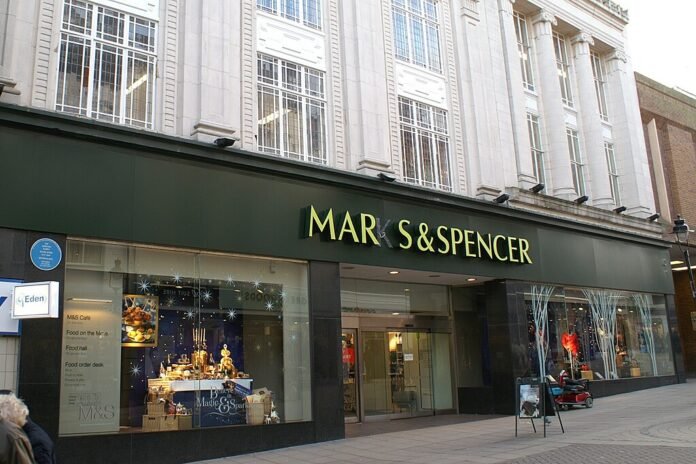M&S boss Stuart Machin warns new taxes and levies will cripple retailers, forcing job cuts and closures.
Marks & Spencer boss Stuart Machin has launched a scathing attack on the government, accusing it of treating UK retailers as a “piggy bank” through relentless tax hikes and financial burdens. Writing in The Sunday Times, Machin warned that the retail sector is on the brink of crisis, with job losses, shop closures, and slower wage growth looming.
His frustration stems from several policy changes, including a sharp rise in National Insurance Contributions (NICs) for employers, the expansion of packaging levies, and an increase in the National Living Wage. Machin urged the government to reconsider its approach, calling for NIC increases to be phased in over two years rather than hitting businesses all at once.
Embed from Getty ImagesIn October’s Budget, the government announced that from April, the rate of employer-paid National Insurance will rise, and the threshold at which businesses start paying will drop from £9,100 to £5,000. While ministers argue that these tax hikes are necessary to protect public services, major retailers, including M&S, have pushed back, warning of severe economic consequences.
Machin also criticised the new Extended Producer Responsibility (EPR) packaging levy, which will force businesses to cover the full cost of managing and recycling packaging waste. The British Retail Consortium has estimated that this measure alone will cost the sector £2bn.
“Retail is being raided like a piggy bank, and it’s unacceptable,” Machin wrote, arguing that the levy will “give retailers a tax bill 20 times the current amount, with £2bn going straight to the Treasury as general taxation and no improvement to recycling.”
Despite M&S reporting a strong £672m profit last year, Machin stressed that not all retailers are thriving, and many smaller businesses will struggle to survive under the weight of new costs. He also joined other industry leaders, such as Next boss Lord Wolfson, in demanding urgent reforms to business rates and tax policies.
The Treasury defended its stance, insisting that the measures are essential to stabilise the economy. A spokesperson pointed to cuts in corporation tax and plans to permanently reduce business rates for retail, hospitality, and leisure from 2026.
However, with retail leaders warning of inevitable job losses and declining investment, the battle between government policy and business survival is far from over.
